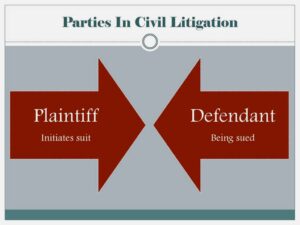
Generally speaking in litigation it is a safe measure to initially deny everything and admit little until absolutely sure about making the admission, as it is difficult to withdraw it once made
Rule 7-7(5) of the Supreme Court Civil Rules [SCCR] addresses withdrawal of admissions:
Withdrawal of admission
(5) A party is not entitled to withdraw
(a) an admission made in response to a notice to admit,
(b) a deemed admission under subrule (2), or
(c) an admission made in a pleading, petition or response to petition
except by consent or with leave of the court.
The test for withdrawal of an admission is summarized by Master Horn in Hamilton v. Ahmed, [1999] B.C.J. No. 311 (S.C.), as whether there is a triable issue which, in the interest of justice, should be determined on the merits and not disposed of by an admission of fact. In applying that test, all of the circumstances should be taken into account.
He listed six such cirumstances, which were later reframed by the court of appeal in Sidhu v. Hothi, 2014 BCCA 510 [Sidhu] at para. 25:
(a) whether the admission was made inadvertently, hastily, or without knowledge of the facts;
(b) whether the “fact” admitted was or was not within the knowledge of the party making the admission;
(c) where the admission is one of fact, whether it is or may be untrue;
(d) whether and to what extent the withdrawal of the admission would prejudice a party; and
(e) whether there has been delay in the application to withdraw the admission and any reason offered for such delay.
The discretion to grant leave to withdraw an admission is broad and unfettered, subject to the discretion being exercised judicially. The court is required to balance the prejudice which would flow from either refusing or granting leave. See Nagra v. Cruz, 2016 BCSC 2469, aff’d 2017 BCSC 347, at para. 5.
Where a deemed admission has been caused by a failure on the part of counsel and party cannot be faulted for the oversight, an order permitting withdrawal normally follows, while allowing the other party costs and accommodations. See Piso v. Thompson, 2010 BCSC 1746 at paras. 23 and 25.




